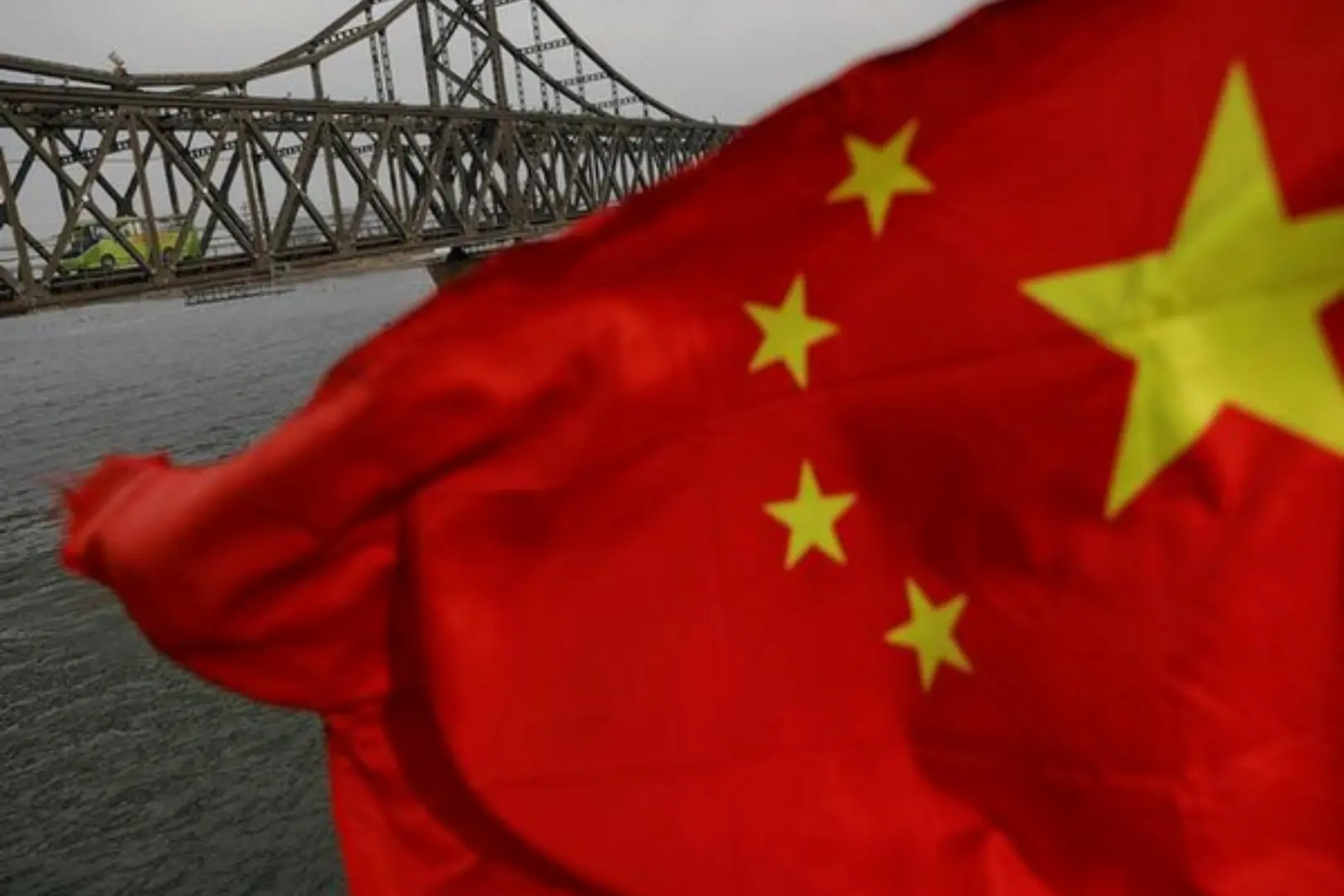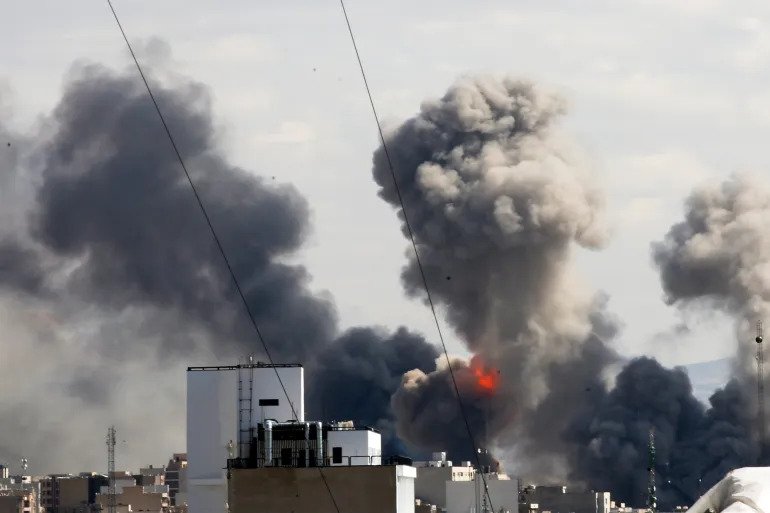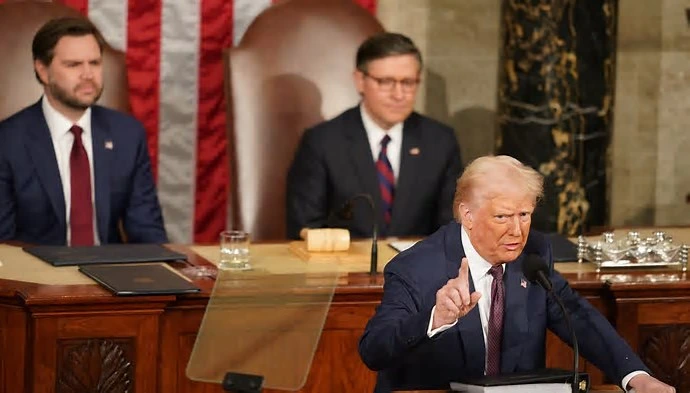14-Sep-2024, 12:55 PM
China’s Repression and Retaliation Against Critics and UN Engagement. The report highlights China’s systematic efforts to silence critics, both domestically and internationally, through various means including reprisals against those who engage with the United Nations. The Chinese government has employed a range of tactics to intimidate and punish individuals and organizations that dare to challenge its human rights record or cooperate with UN bodies.
Domestic Crackdown on Dissent
Within China, the government has launched a relentless crackdown on civil society, targeting human rights defenders, activists, and journalists who speak out against the regime’s policies. Prominent examples include the cases of Huang Xueqin, a feminist activist, and Wang Jianbing, a labor rights advocate, who were detained in 2021 on charges of “inciting subversion of state power.” The report also mentions the tragic case of Cao Shunli, who died in custody in 2014 after being denied medical treatment, having been detained for attempting to travel to Geneva to participate in a UN training on the Human Rights Council.
Reprisals Against UN Engagement
China’s repressive tactics extend to those who seek to engage with the United Nations. The report cites data from the UN Secretary-General’s annual “reprisals report,” which consistently lists China among the top perpetrators of retaliation against civil society actors who cooperate or attempt to cooperate with the UN. Chinese diplomats have been known to harass activists by photographing and filming them on UN premises, in violation of UN rules, and restricting their travel to Geneva.
Undermining UN Human Rights Mechanisms
China has also worked to undermine the effectiveness of UN human rights mechanisms, such as the Universal Periodic Review (UPR) process. During the 2024 UPR, China rejected 98 out of 428 recommendations, a significantly higher rejection rate than in previous cycles. The government has systematically disputed allegations of human rights violations and sought to prevent domestic civil society groups from participating in the review process.
Challenging the UN’s Authority
China’s dismissive attitude towards the UPR and other UN human rights mechanisms undermines the authority of these institutions and belittles the expertise of UN human rights experts. The report notes that China has incorrectly described the August 2022 OHCHR report on human rights violations in Xinjiang as “completely illegal and void.”
Conclusion
The report paints a disturbing picture of China’s relentless efforts to crush dissent, both at home and abroad, and its blatant disregard for international human rights norms. As a permanent member of the UN Security Council, China’s actions have far-reaching implications for the global human rights landscape. The international community must stand firm in holding China accountable for its crimes and ensuring that those who engage with the UN can do so without fear of reprisals.





